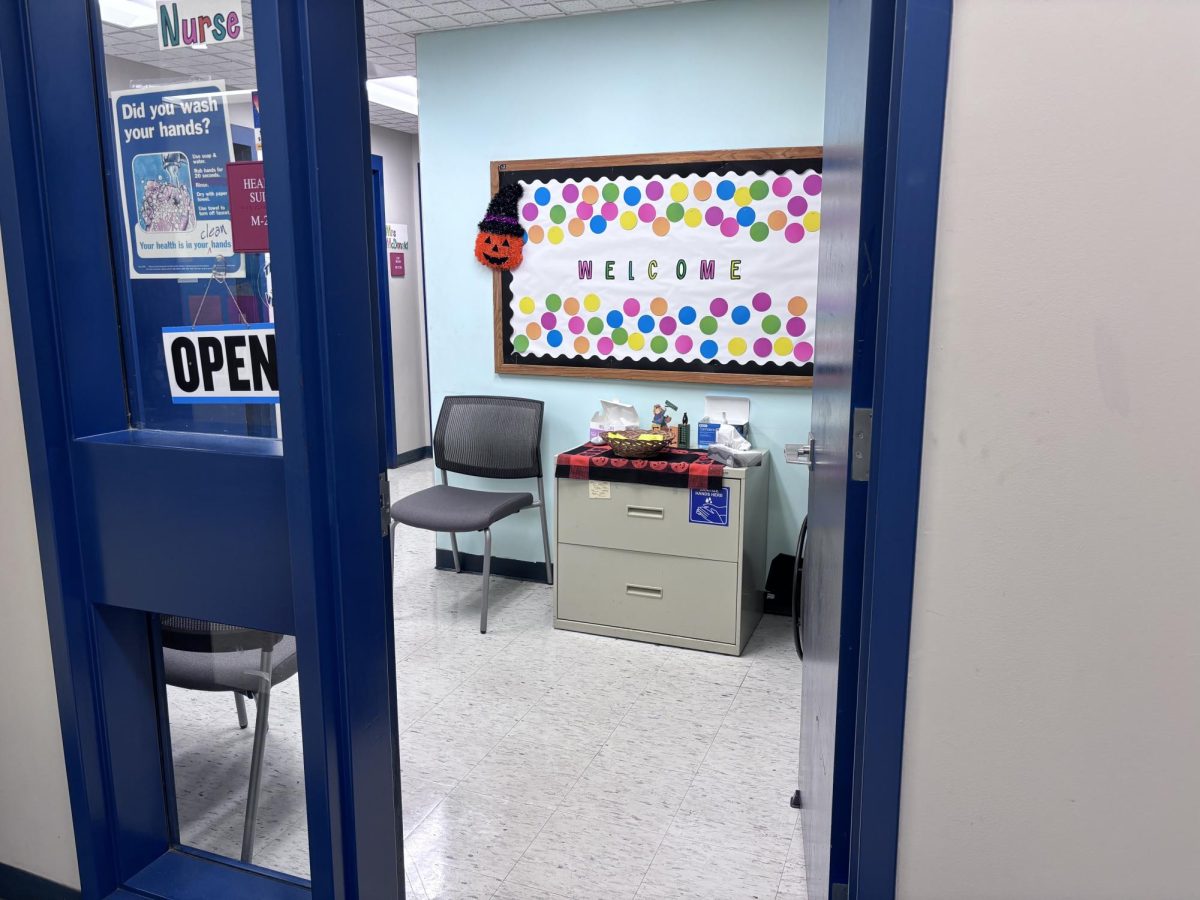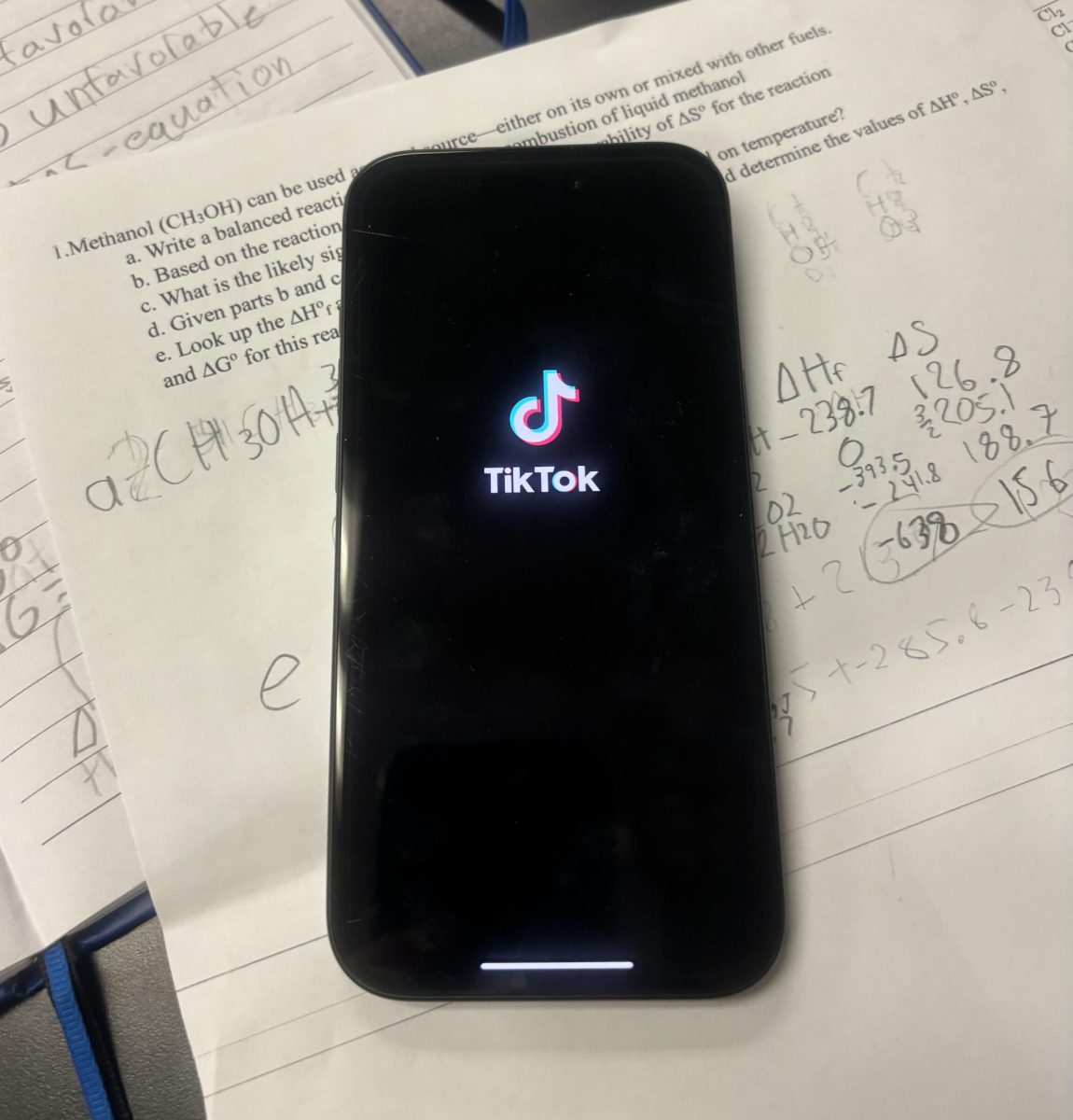With bags under their eyes due to lack of sleep, students march into school every weekday prepared to be overloaded with knowledge and work. After the long and dreadful six hour day, should they be coming home with even more required school work? The Triton Voice interviewed students and faculty about what their opinions are and how they handle nightly homework.
No matter what grade it is, students and teachers usually have different opinions and preferences regarding homework. Rarely is homework an enjoyable process, however, it does have its benefits. On the other hand, those benefits may be outweighed by the detrimental effects on stress and mental health of students.
An article titled “The Effects Homework Can Have on Teen’s Sleeping Habits”, by Jess Amabile, talks about why teens’ sleep patterns get messed up due to homework. Amabile references a survey that showed only 9 percent of American teens get sufficient sleep each night. She claims homework to be the biggest factor in this epidemic. Three-season athlete and academic scholar, Ava Johnson, resonates with this issue.
“I’m up well after midnight doing homework at least once a week,” said Johnson, “with practice and games right after school, I don’t get home until late … then I don’t get enough sleep for school the next day.”
Phoebe Hertigan, another Triton athlete, claims that she has turned in assignments late 5+ times this school year due to a lack of time.
“I think it makes people stressed out after playing sports all day,” said Hertigan, “I get home from volleyball at 9 p.m. on game days and stay up until 12:30 a.m. doing homework”.
This never-ending cycle causes a depletion in energy for students, causing their performance in both school and extracurriculars to decline.
Denise Pope, a Stanford University researcher, surveyed multiple Californian high schools and found that 56 percent of students consider homework to be a primary source of stress. Leisure time is vital to teenagers’ growth, development, and health. The “Raising Children Network” discusses how free time allows children to explore and build interests, strengthen relationships, and promote happiness.
“I already dedicate eight hours of my life every day to school,” said Johnson, “How is it fair that I have to come home and do more?”
All the negative aspects of homework are not for nothing. Teachers, such as Triton’s Mrs. Irene Thompson, have explanations for their decisions regarding the subject. Thompson teaches a variety of mathematics courses, both honors and college prep. Thompson will give assignments almost nightly for her honors classes. She explained that this is because, at the honors level, students should strive to go above and beyond their current knowledge, and prepare themselves to perform exceptionally on higher-weighted assignments.
“I like to think about it in terms of athletes,” said Thompson, “You wouldn’t show up to a game without practicing. That’s what homework is, practice.”
However, Dr. Adam Lothrop has a contrasting opinion. He said he considers the formal practices and extracurricular activities that students participate in before handing out assignments. In turn, he aims to give required homework as rarely as possible.
“Sitting alone in your room, frustrated, is not going to teach you the material,” said Lothrop.
The major factor in Lothrop’s opinion is the idea that doing schoolwork at home is not going to teach you anything. Doing work in an environment where you can collaborate with peers and ask questions is where you’ll truly improve. Psychology Today conducted a study that supports Lothrop’s claim in which 80 percent of students admitted to copying classmates’ homework regularly.
In a KFF (Kaiser Family Foundation) article, written by Nirmata Panchal, states that in 2021 and 2022, 21 percent of adolescents experienced drastic symptoms of anxiety over two weeks. The majority of high schools provide many resources to children to promote an improvement in these consistently rising statistics. However, they are also, arguably, a leading cause of the national mental health decline.
“I’m just too drained to complete any work,” said an anonymous Triton Football player.










